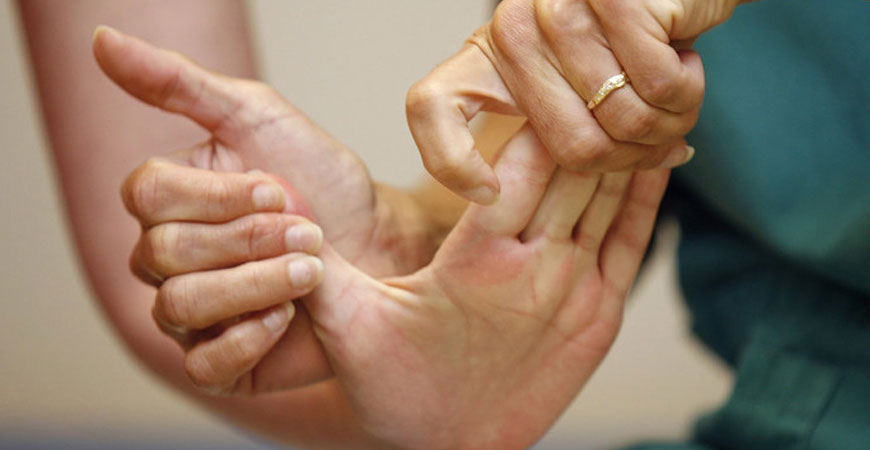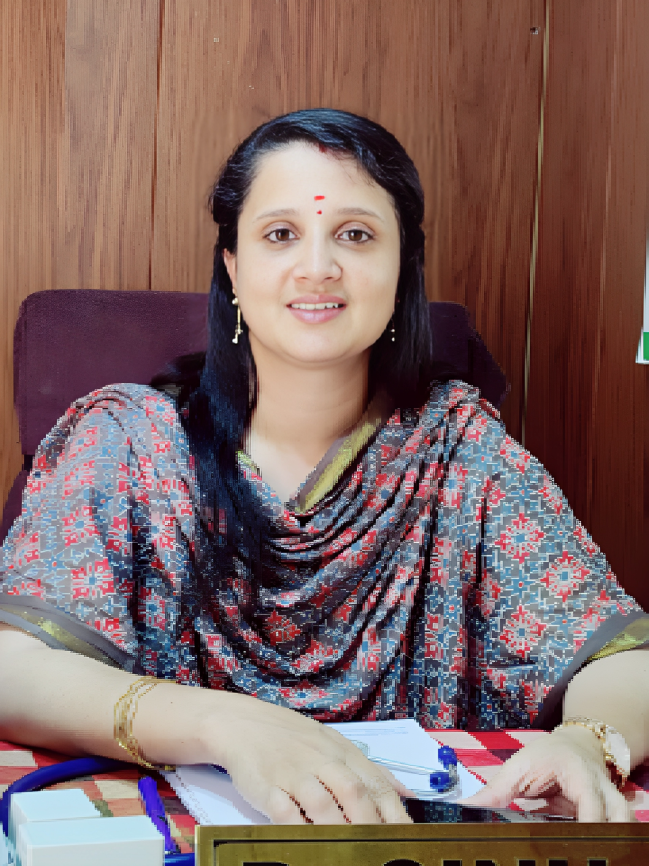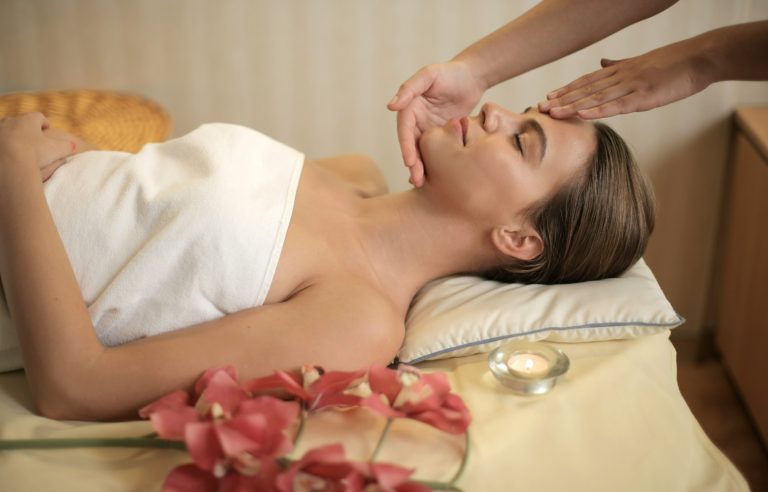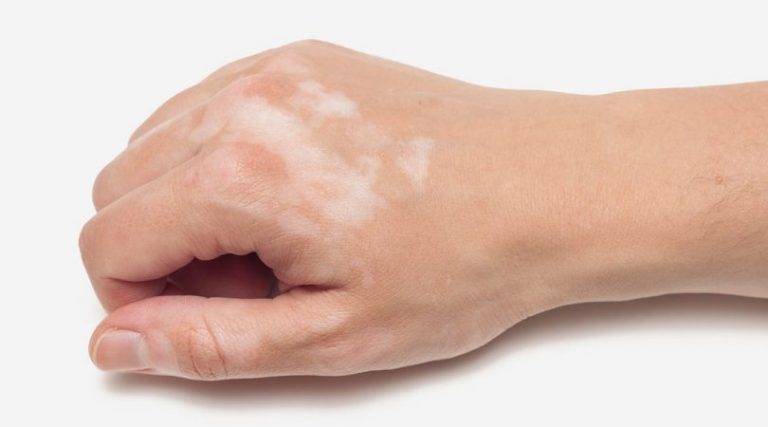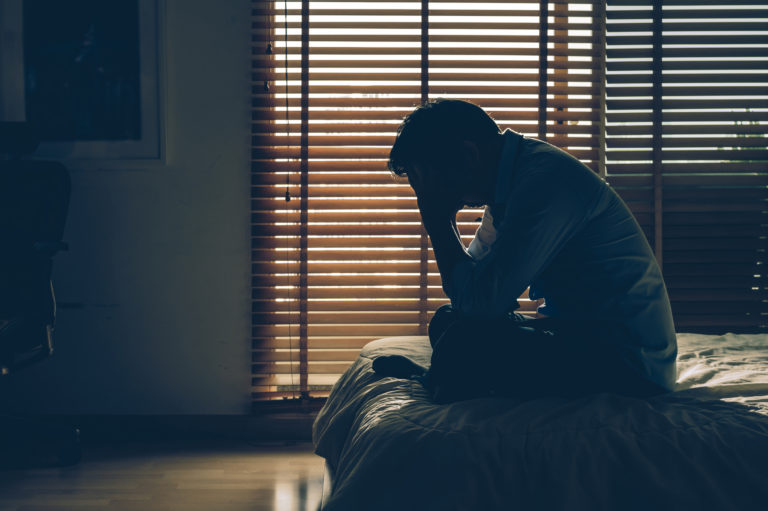Stroke is a medical emergency that affects millions of people worldwide. It is a condition in which the blood supply to the brain is disrupted, leading to damage or death of brain cells. Stroke survivors often experience various physical, cognitive and emotional impairments that affect their quality of life. Rehabilitation is crucial for stroke survivors to regain their lost functions and improve their overall well-being. Ayurveda, an ancient Indian medical system offers a range of techniques that can enhance rehabilitation outcomes after a stroke.
Ayurveda considers stroke as a Vata disorder caused by the imbalance of Vatadosha, one of the three doshas (energies) that govern the human body. Ayurvedic treatment for stroke focuses on restoring the balance of Vatadosha and promoting the natural healing process of the body. Ayurveda offers a holistic approach to stroke rehabilitation that includes diet, lifestyle modifications, herbs, and therapies. Here are some Ayurvedic techniques that can enhance rehabilitation outcomes after a stroke:
Abhyanga:
Abhyanga is a form of Ayurvedic massage that involves the application of warm oil to the body. The massage is performed using specific strokes and techniques that help stimulate the lymphatic system, improve circulation, and reduce stress. Abhyanga can help improve muscle strength, reduce spasticity, and improve range of motion, which can be especially beneficial for stroke survivors.
Panchakarma:
Panchakarma is a set of five Ayurvedic therapies that are used to purify the body and remove toxins. These therapies include Vamana (therapeutic vomiting), Virechana (therapeutic purgation), Basti (medicated enema), Nasya (nasal administration of medicine), and Raktamokshana (bloodletting). Panchakarma helps to balance the three doshas (Vata, Pitta, and Kapha) in the body, which can be imbalanced after a stroke. This can help improve circulation, reduce inflammation, and promote healing.
Panchakarma can help to eliminate toxins from the body, improve digestion, and boost the immune system. Stroke survivors can benefit from Panchakarma therapy to promote healing and enhance the effectiveness of other rehabilitation techniques.
Shirodhara:
Shirodhara is another Ayurvedic technique that can be helpful for stroke rehabilitation. Shirodhara involves the continuous pouring of warm oil or medicated liquid onto the forehead. This technique helps to calm the mind, reduce stress, and improve sleep quality. Shirodhara can also help improve cognitive function, which can be impaired after a stroke.
Yoga and Meditation:
Yoga and meditation are also essential aspects of Ayurveda that can be useful for stroke rehabilitation. Yoga is a gentle form of exercise that can help improve strength, flexibility, and balance. Yoga postures can be modified to suit the individual needs of stroke survivors, and a qualified Ayurvedic practitioner can develop a customized yoga practice for each patient. Meditation is another Ayurvedic technique that can be helpful for stroke survivors. Meditation can help reduce stress, improve cognitive function, and promote a sense of well-being.
Ayurvedic Herbs:
Ayurveda offers a range of herbs that can help to improve brain function, reduce inflammation, and promote healing after a stroke. Some of the herbs commonly used in Ayurvedic treatment for stroke include Brahmi, Shankhapushpi, Ashwagandha, and Guggulu. Ashwagandha, for example, is an Ayurvedic herb that is known for its ability to reduce stress and improve cognitive function. Brahmi is another herb that can be useful for stroke survivors. Brahmi is known for its ability to improve cognitive function, memory, and concentration.
Diet and Lifestyle Modifications:
Ayurvedic treatment for stroke also includes dietary and lifestyle modifications. Stroke survivors are advised to eat a healthy and balanced diet that includes fresh fruits, vegetables, whole grains, and lean proteins. They are also advised to avoid processed foods, caffeine, and alcohol. Lifestyle modifications such as regular exercise, stress management, and adequate sleep can also help to promote recovery after a stroke.
Benefits of Ayurveda for Stroke Rehabilitation:
The Ayurveda treatment for stroke can have numerous benefits, which include:
● Reduces spasticity and improves mobility through traditional Ayurvedic massage techniques such as Abhyanga.
● Helps to promote healing and enhance the effectiveness of other rehabilitation techniques through Panchakarma therapy.
● Improves strength, flexibility, balance, and coordination through yoga postures, breathing exercises, and meditation.
● Boosts brain function, reduces inflammation, and promotes healing through the use of Ayurvedic herbs such as Brahmi, Shankhapushpi, Ashwagandha, and Guggulu.
● Provides dietary and lifestyle recommendations such as a healthy and balanced diet, regular exercise, stress management, and adequate sleep to promote recovery after stroke.
● Offers personalized and holistic treatment plans based on the individual’s unique mind-body constitution to support their overall health and well-being.
● Reduces stress and anxiety, which can often be common among stroke survivors and impede recovery.
● Enhances overall physical and mental resilience, which can help prevent future health issues and improve quality of life.
Takeaway
In conclusion, Ayurveda offers a range of techniques that can enhance rehabilitation outcomes after a stroke. Ayurvedic treatment for stroke focuses on restoring the balance of Vatadosha and promoting the natural healing process of the body. Ayurvedic techniques such as Abhyanga, Panchakarma, Yoga, Ayurvedic herbs, and diet and lifestyle modifications can help to reduce spasticity, improve mobility, and promote overall well-being in stroke survivors. If you are looking for the best Ayurveda treatment in Kerala for stroke Ishani Ayurveda is the place to go. Ishani Ayurveda offers a range of Ayurvedic therapies and treatments that can help to enhance rehabilitation outcomes after a stroke. Contact Ishani Ayurveda today to schedule a consultation.

